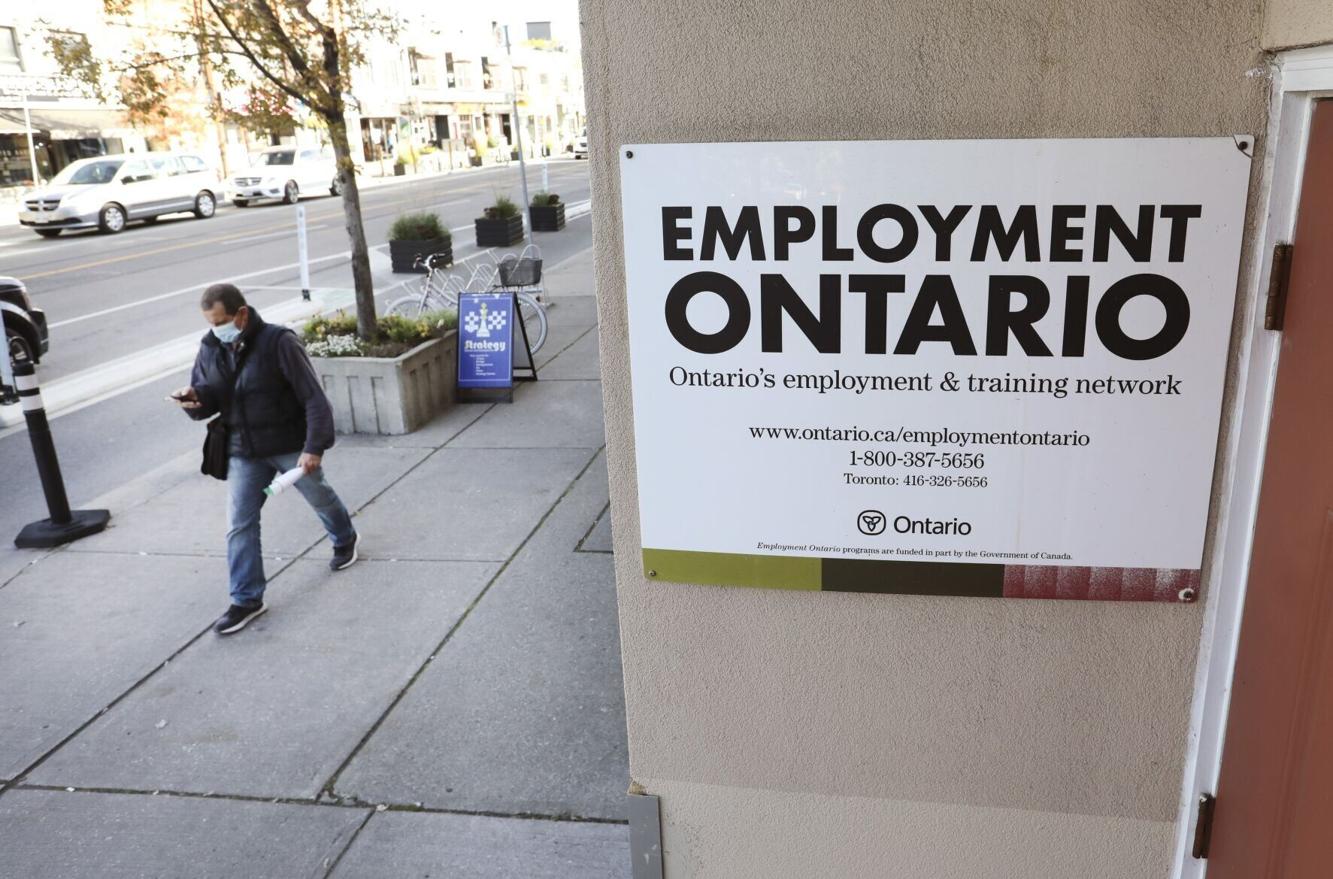Ontario’s minimum wage rose by 40 cents on Oct. 1 to $17.60 an hour, but cost of living experts say the increase remains far below what workers need to cover basic expenses.
The new wage applies to approximately 800,000 workers — nearly 10 per cent of Ontario’s labour force. For a full-time worker putting in 40 hours a week, the boost translates to just over $800 in extra annual income.
Labour Minister David Piccini said the increase will help support workers during a period of global economic uncertainty. “Our government will protect Ontario workers with a minimum-wage increase that supports our world-class workforce,” he stated in a media release.
However, the Ontario Living Wage Network (OLWN) argues the current wage still falls drastically short of actual living costs. “There is actually no place in the province that you can work a minimum-wage job and be able to cover all your expenses at the end of the day,” said Craig Pickthorne, OLWN’s communications co-ordinator.
Each year, OLWN calculates a “living wage” that reflects the real cost of essentials such as food, housing, transportation, child care, internet, and taxes. In 2024, the living wage in Durham Region was $21.65 an hour, while in the Greater Toronto Area it was $26 — nearly $10 more than the current minimum wage.
Pickthorne noted that almost half of minimum-wage earners in Ontario are over 24, dispelling the notion that low-wage jobs are primarily held by teenagers. “A lot of people think everyone working minimum-wage jobs are teenagers with no experience. That’s just not the case,” he said.
Some analysts suggest even OLWN’s living wage is too low to meet current housing costs. According to the Canadian Centre for Policy Alternatives, the “rental wage” — the hourly rate needed for rent to represent no more than 30 per cent of income — is $32.42 in Oshawa. Average rents for a one-bedroom apartment are $1,794 in Oshawa and approach $2,000 in Markham.
“These numbers show how far reality is from policy,” Pickthorne said. “If you work full-time, no matter what kind of job you do, you should be able to pay your bills. That’s what work is supposed to provide.”

